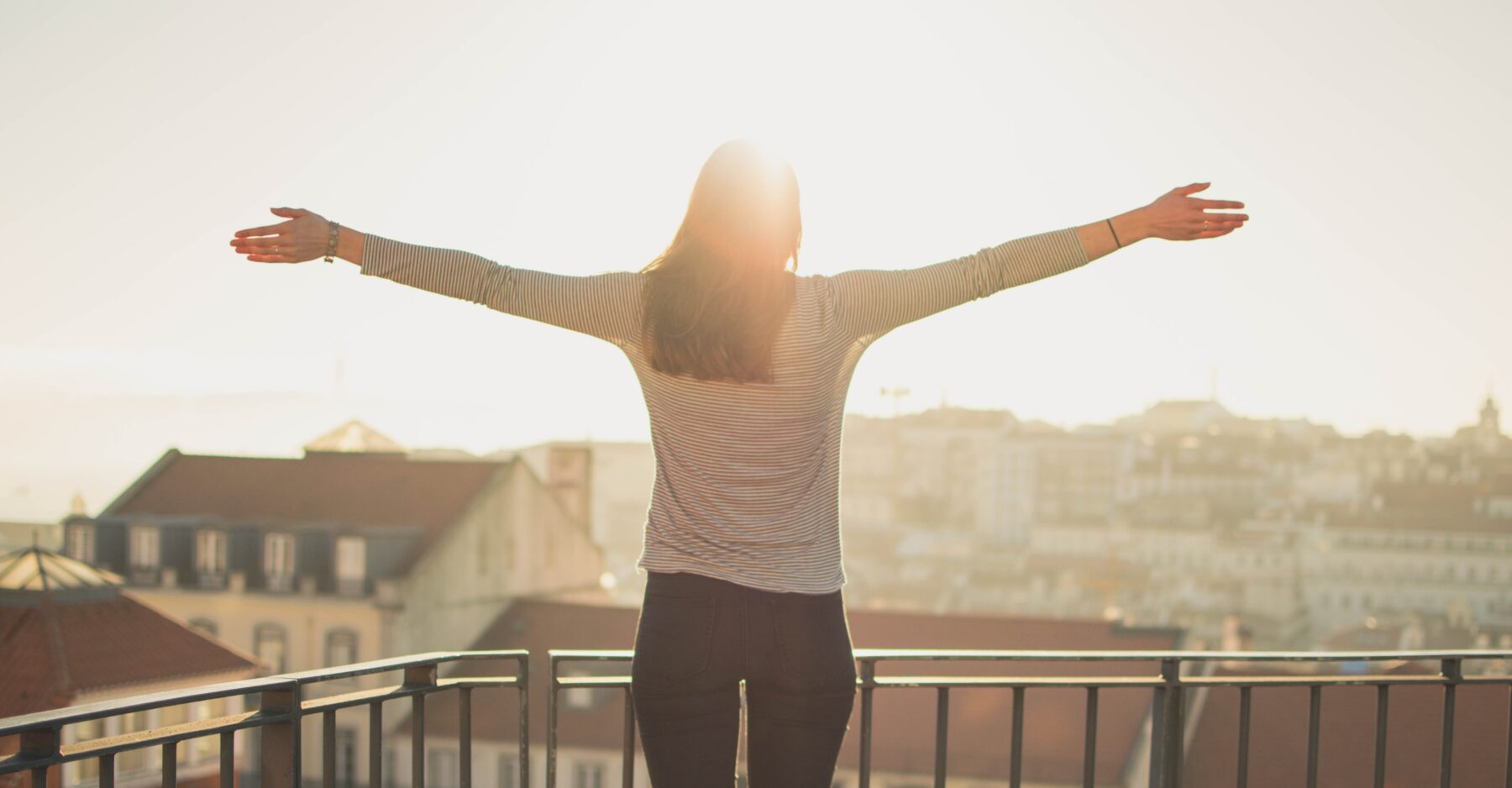Wellness FAQ: How to Make the Most of Your Mental Health High This Summer

We’re ramping up for the dog days of summer, but despite the oppressive heat, even we Texans seem to walk a little lighter this time of year — and have a little more fun.
Licensed therapist Taylor Johnson of Ethos Wellness shares the science behind this summer mood boost, along with how to make the most of our mental health this season.
Is it true that people are happier, more relaxed and experience better mental health during the summer?
My first instinct is to speak from anecdotal and personal experience by saying absolutely. However, mental health is nuanced and individualized. There’s actually a fair amount of research that points to the opposite of this being true; many people experience more health concerns as temperature increases, including more mental health crises and emergency room visits, and even higher mortality rates when the heat becomes excessive without safe accommodations. In general, though, many people seem to report being happier in spring and summer, and this is why it’s important to understand that mood and mental health aren’t necessarily interchangeable.

What are your thoughts on why people might report being happier in the summer?
As a therapist, I like to look at mental health from a biopsychosocial perspective. Why might increased warmth and sunshine boost our mood? Sunlight helps us produce more vitamin D, which encourages serotonin production and release in the brain. Serotonin is crucial for mood regulation and pleasure, and it can be negatively impacted by shorter days and more time indoors. The brain is a lot more complex than this, of course, but it’s a pretty agreed-upon explanation.
On top of this, since folks are more likely to want to go outside and get active on warmer days, this can lead to a positive chain of events: maybe it’s a nice day for a bike ride, so we meet with a friend outside. We might stop by a cafe or an ice cream shop and continue to engage in activities that connect us to the outside world. Being less confined and more engaged with our communities tends to shift people out of overthinking and into positive action.
On the flip side, being outside when it’s simply too hot can lead to physical discomfort and dehydration, which can cause stress and agitation. Not to be a gloom cloud over the impending fun of summer, but I do think it’s important to keep this in mind!
How can people make the most of this season?
One advantage of “longer” days is that more sunlight also benefits our circadian rhythms and sleep patterns. In response to darkness, our brain produces melatonin, a signal to wind down for the day — sometimes earlier than we’d like. Alternatively, more light can contribute to increased alertness and motivation. Mimicking the patterns of sunlight in your sleep and wake routine can help people take full advantage of their days by tapping into that extra energy.

Doing something mood-boosting or engaging at the top of one’s day can also lend itself to that same positive chain of events. Starting the day with a walk outside, meditation practice, nourishing breakfast or chatting with a housemate can set the stage for a day of “doing” instead of feeling lethargic and confined.
How can we extend this mood boost into the fall and winter?
One classic therapist tip in the fall or winter months (when days get shorter) is to invest in a light box to mimic the positive effects of the sun. It’s difficult to feel like half our day is spent in the dark, so tricking our brains into being a little more awake and energized can be beneficial. I always tell folks to consult with their doctor first, but adding vitamin D and other supplements into our routine can also provide benefits.
Additionally, I encourage people to embrace seasonal changes and use weather shifts as a way to practice mindfulness with their senses. What does a cool breeze or precipitation look, feel, smell, sound and even taste like? While it’s a funny exercise, this is a great way to enhance bodily awareness. Ultimately, as long as it’s safe enough, humans do tend to benefit from spending time outdoors year-round.
Anything else you’d like to add?
I encourage anyone looking for support for their mental or emotional health to seek out a licensed therapist in their area, along with a physician, to find out the best personal course of action. What I’ve mentioned above doesn’t constitute professional advice or personal recommendations but rather common interventions that may be useful on a case-by-case basis.
About the Author
As a therapist and executive director at Ethos Wellness, Taylor Johnson, LCSW specializes in co-occurring mental health and substance use issues and enjoys connecting with young adults navigating life transitions, ADHD, anxiety and more. At convenient, small-by-design healing centers throughout Austin, Houston and Chicago, Ethos offers assessments and outpatient behavioral health therapy for all ages.






